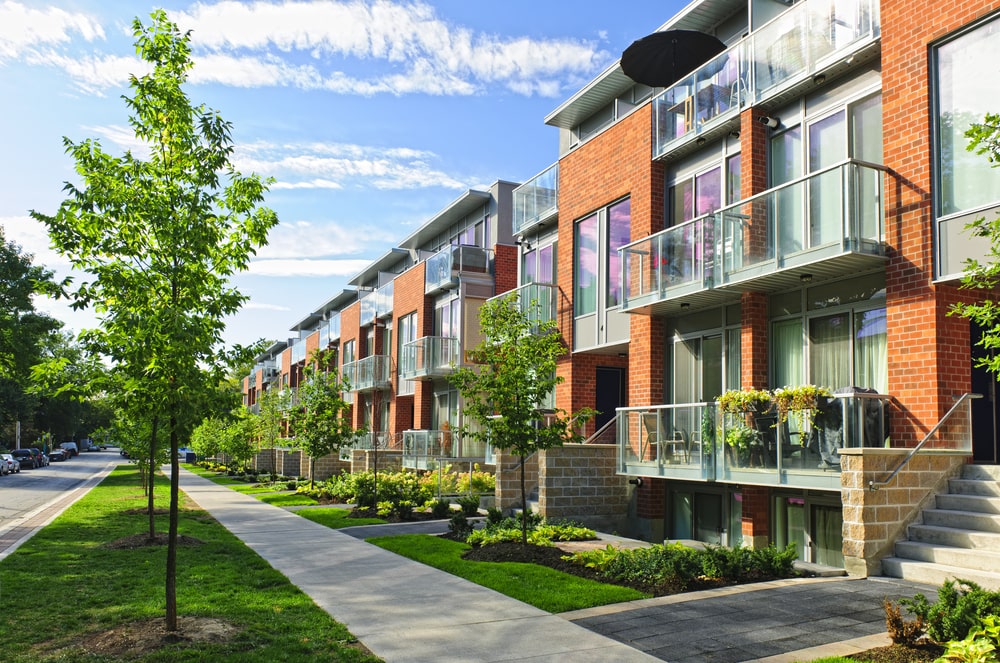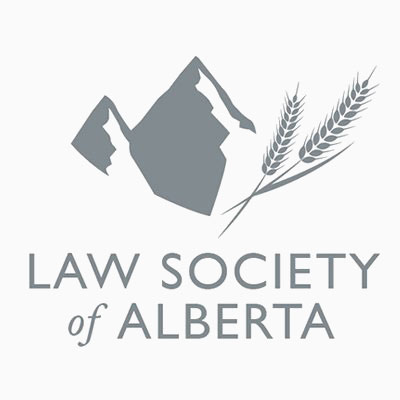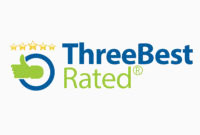Residential Real Estate Purchases in Vancouver

Residential Real Estate Purchases in Vancouver
If you’re like most people, the sale or purchase of your home is probably the biggest transaction you will ever be involved in. And there’s a lot that can go wrong. That’s why it’s in your best interests to work with an experienced attorney.
A lawyer can review your decisions as well as any contracts that come your way, and help you spot red flags before they manifest into bigger problems. Whether you are buying or selling residential real estate in Vancouver, Castle Law LLP, can help you make sound decisions that benefit you and your family.
What closing costs and adjustments apply to purchases?
In Vancouver, the primary costs and adjustments required at closing are as follows:
Legal costs
Expect to pay legal costs between $150 and $500, including expenses for title transfer, mortgage registration, title searches, transparency declaration filling, State of Title Certificate, etc. In most cases, these costs apply regardless of whether you retain a notary public or attorney.
Third-party closing costs
Every residential transaction is different. However, some third-party closing costs may include:
- A municipal tax certificate ($50 to $90)
- An insurance binder indicating if there is any loss payable to a buyer’s lender ($35 to $80)
- A survey certificate, title insurance or Western Law Societies Conveyancing Protocol (title Insurance usually costs $175 or more depending on purchase price and mortgage amount)
- Professional Software/Platform fees of between $23.10 and $80.00.
Property transfer tax
The property transfer tax, or PTT, applies to any real estate purchase in B.C. that is registered with the Land Title and Survey Authority. Unless you are qualified for an exemption, such as being a first-time buyer or a newly-built home buyer, you may have to pay the following
- One percent on the first $200,000 of your property’s fair market value
- Two percent on any value above $200,000 up to $2 million
- Three percent on any amount greater than $2 million, plus another two percent on residential property on the fair market value above $3 million. If you’re a foreign national, foreign corporation or taxable trustee, and the property in question is within certain areas of B.C., you may have to pay additional property taxes.
Goods and services tax
You will need to pay GST five percent of the purchase price if you are the first occupant of a new or significantly refurbished property. Prior to purchasing a property, your lawyer can review the contract to determine if the GST is included in the purchase price. Should the property be used as your primary residence, and if it is also valued at under $450,000, you may be eligible to apply for a GST rebate of up to 36 percent.
Exemptions for first time homebuyers in British Columbia
On a large home, the PTT can be substantial. Fortunately, there are some exemptions for first-time buyers:
- You are a Canadian citizen or permanent resident, and
- Have resided in B.C. for at least 12 months, or
- Filed income tax returns as a resident of B.C. for two of the six preceding taxation years
- Never previously have owned a primary residence anywhere in the world
Further, the level of exemption is determined by the value of the property you are purchasing:
- Full exemption for properties with a purchase price of $500,000 or less
- Partial exemption for properties with a purchase price between $500,000 and $525,000
- No exemption for properties with a purchase price at or above $525,000
As a first-time homebuyer in B.C., you may also benefit from the Home Buyers’ plan — you can withdraw up to $25,000 from your RRSP, tax-free.
To be eligible, you must meet the following conditions:
- The purchased property must be your primary residence
- You must repay the RRSP within 15 years — with minimum payments of 1/15th of the withdrawn amount.
Exemptions for buyers of new homes in British Columbia
You can apply for a full or partial exemption from PTT if you buy a newly constructed home as a resident of B.C. To net a full exemption, the purchased properties must be valued at up to $750,000 and be 1.24 acres or smaller. You can qualify for a partial exemption if your newly constructed home is worth between $750,000 and $800,000. In addition, you must reside in the home within 92 days of registering at the Land Title Office and you must continue to use the home as your main residence for the remainder of year one.
Closing adjustments
Whenever property changes hands in B.C., there are closing adjustments. A full breakdown of buyer’s costs will be listed in the Statement of Adjustments, and will include items such as strata, rent, and taxes/utilities.
For more information on the costs of buying and selling residential real estate in Vancouver, be sure to consult an experienced attorney.
What special considerations apply to non-resident buyers?
Non-residents of Canada wishing to buy property in B.C. must deal with additional challenges and considerations.
For example, if you are a non-resident buyer, you will need to open a Canadian bank account before applying for a mortgage. It may also be more time-consuming for non-residents to have the necessary documents obtained and signed. Lastly, since non-residents are not present during the closing process, it is crucial to retain the services of a real estate attorney.
What is the purchase closing process in B.C.?
Every real estate transaction in B.C. is different. Once you’ve found the perfect home and negotiated a price with the seller, your lawyer will guide you through the following steps:
- Determine title holding — First you must determine what type of arrangement will be used during habitation of the premises: “joint tenants” own 100% of the property together while a “tenant-in-common” arrangement allows each party to own a flat percentage of the home.
- Title search — Next, your attorney will conduct a title search and gather municipal tax information as well as any other information required to prepare the Statement of Adjustments.
- Prepare closing documents — Your lawyer will review and prepare the title transfer, mortgage, property transfer tax forms, and Statement of Adjustments.
- Submit closing documents — The next step is to send the closing documents to the seller’s attorney.
- Signing — If the seller has no revisions to the closing documents, all documents will be signed, and the balance of the down payment or equity shall be submitted.
- Transfer of Title and Registration of the mortgage — Your lawyers will then ensure registration of the transfer as well as all mortgage documents.
- Notice of completion — Lastly, your legal team will notify the seller’s lawyer to collect funds and will then notify you upon completion.
Contact Castle Law LLP, for Premier guidance in B.C. & Vancouver
Now that you have a basic understanding of residential real estate, it’s time to move forward. Whether you’re looking for your dream home or looking to sell a family estate, Castle Law LLP, is focused on helping you secure the best deal. To discuss your real estate matter with one of our knowledgeable attorneys, call or contact us online.

